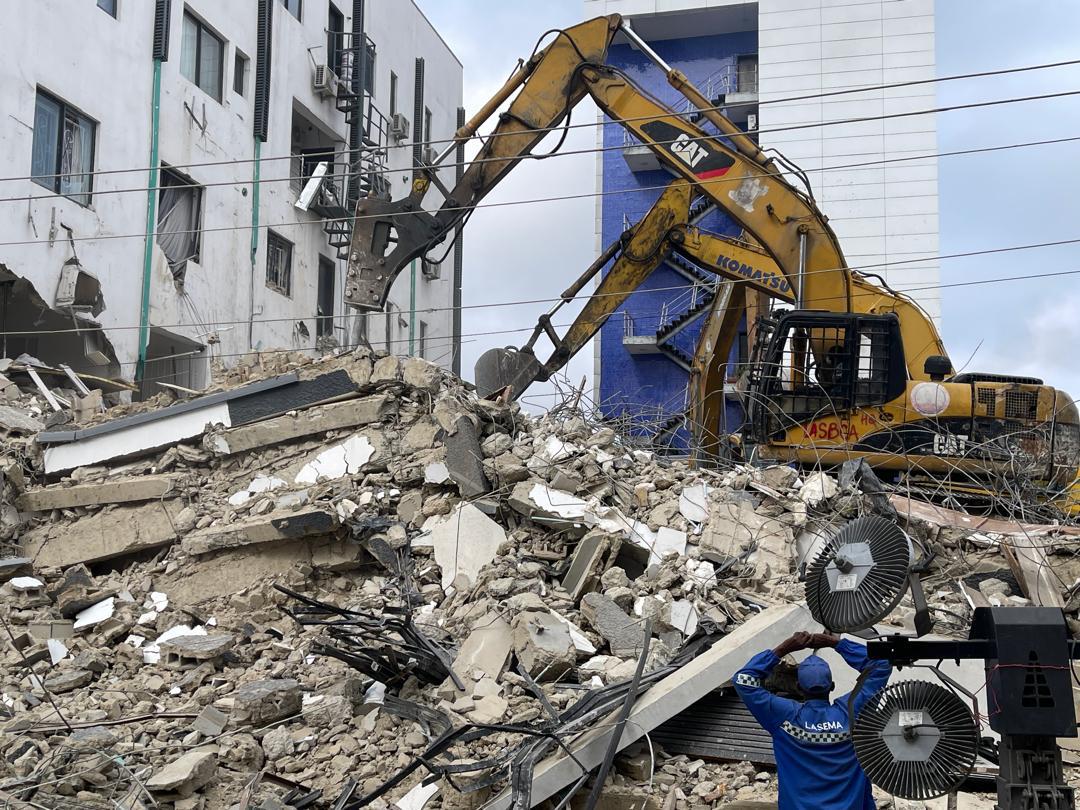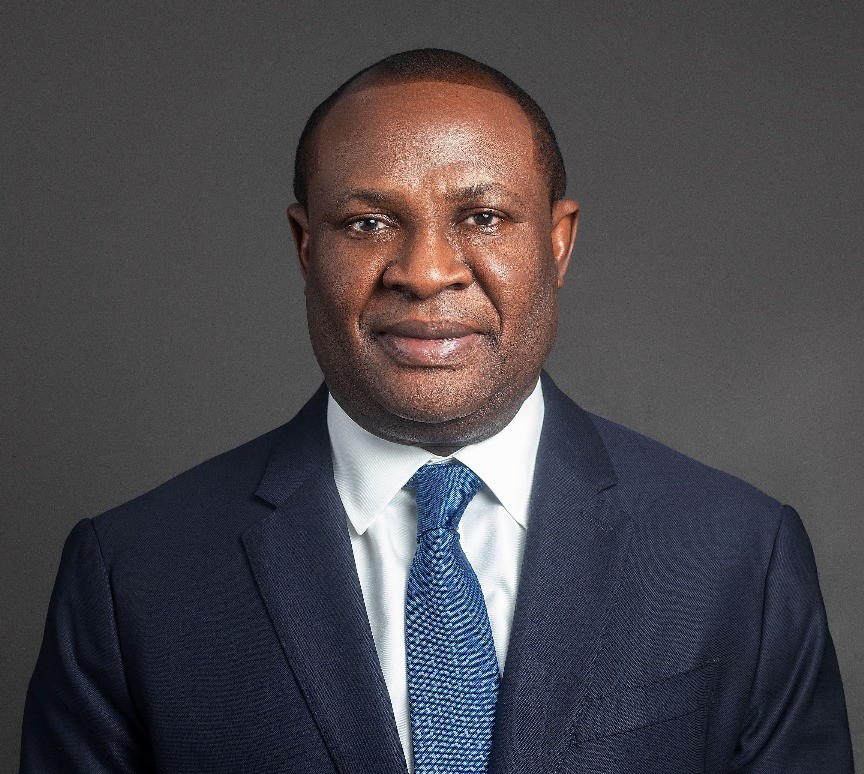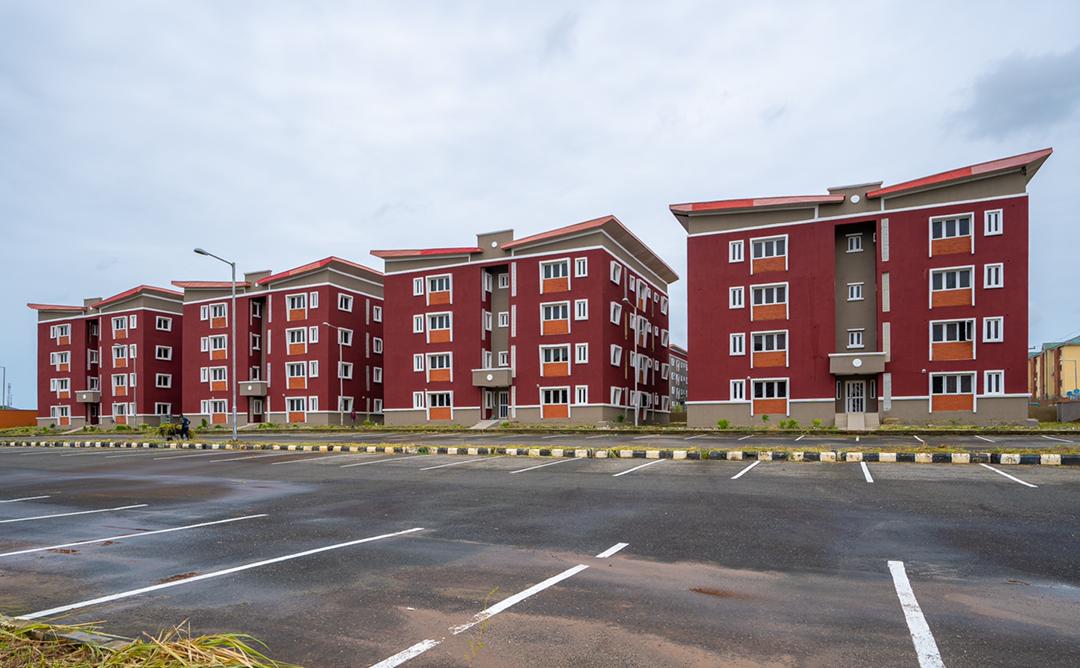Experts under the aegis of the International Real Estate Federation (FIABCI-Nigeria) have called for the adoption of innovative design strategies to shape future cities and strengthen the resilience of urban and rural areas against the impacts of climate change.
They proposed city designs that promote compact and mixed-use development, transit-oriented systems, green and blue infrastructure, energy-efficient smart buildings, and the use of sustainable or modular materials.
Founder of Interskapez, an interior design and landscape architecture firm, Ms Pallavi Shekar, made the call during a webinar titled “Designing Tomorrow’s Cities: Building Resilience Against Today’s Urban Crisis,” organised by FIABCI-Nigeria to mark the 2025 World Habitat Day in Lagos.
Shekar explained that building urban resilience requires the ability of cities to absorb shocks, recover, and adapt, stressing the importance of collaboration among developers, planners, and policymakers. She emphasised the need for flexible, modular infrastructure and a shift from short-term gains to long-term value creation.
According to her, today’s urban crises are evident in rapid urbanisation that strains housing and infrastructure, rising climate risks that increase property vulnerability and costs, widening inequality that deepens demand-supply gaps, and escalating material costs and regulatory pressures.
She urged the adoption of policies that enhance cities’ capacity to withstand and recover from shocks, while prioritising safety, functionality, and disaster preparedness.
“This theme matters because over 55 per cent of people currently live in cities, a figure projected to reach 68 per cent by 2050. Cities drive growth but face enormous housing and climate pressures. The future of cities is the future of humanity, and we must reimagine how we plan, finance, and sustain them,” she said.
Shekar added that building resilience involves addressing natural and human-induced disasters, promoting adaptive and sustainable architecture, and minimising downtime after disruptions.
She called for inclusive, people-centric urbanism that integrates mixed-income communities, affordable housing, and accessible public spaces that enhance safety, well-being, as well as social cohesion.
Shekar highlighted the importance of strong design principles, durable materials, and smart systems to reduce damage and accelerate recovery after disruptions.
She cited Singapore, Amsterdam, and Denmark as global models for urban resilience due to their emphasis on smart technology, innovative real estate systems, efficient land use, circular economies, and climate-neutral policies.
She further advocated the establishment of monitoring and tracking systems for urban policy implementation, stronger institutions, and skill development initiatives.
President, Proptech Nigeria, Dr Roland Igbinoba, stressed the need for government investment in the property technology (Proptech) sector to drive innovation and enhance resilience.
He urged authorities to create seed funding opportunities for Proptech startups, noting that data and technology are essential tools for mitigating climate-related challenges such as flooding.
“Urban resilience should not be limited to city centres. We need more innovation hubs, venture funding, and collaboration to build stronger cities,” Igbinoba said.
He also advised policymakers to prioritise open data sharing to facilitate collaboration among critical stakeholders and to establish urban labs that foster innovation and experimentation.
President of FIABCI-Nigeria, Akin Opatola, underscored the urgency for collective action in developing cities that are resilient, inclusive, and prepared to meet the needs of both current and future generations.






